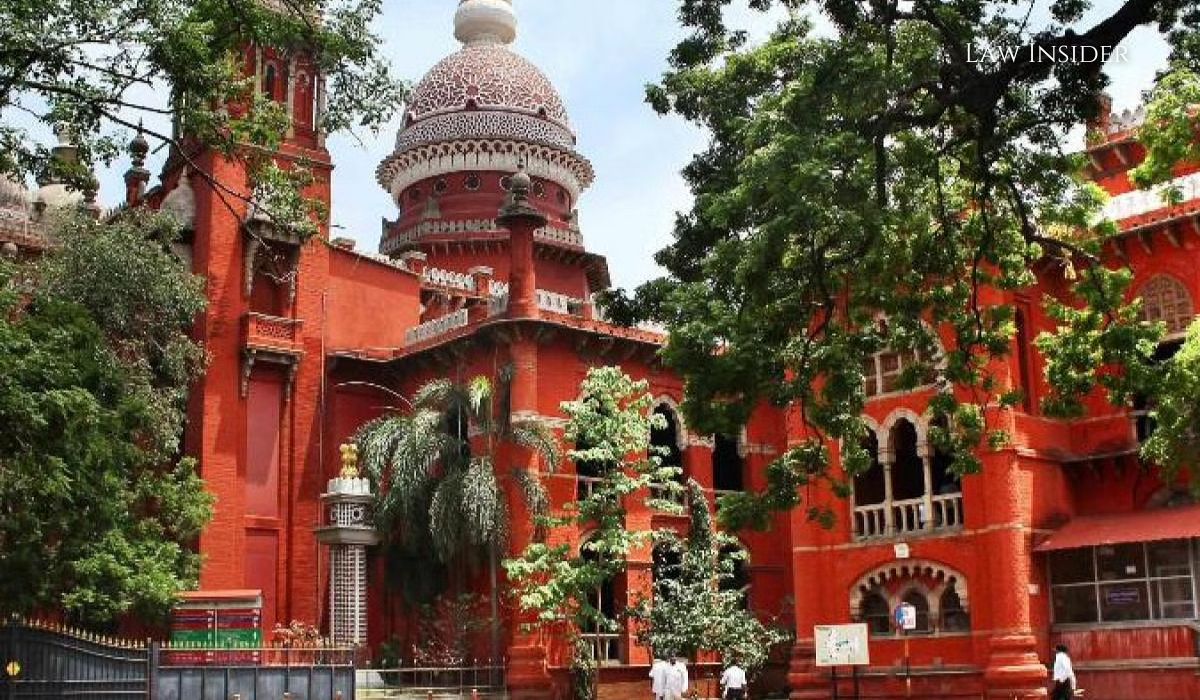LI Network
Published on: October 12, 2023 at 13:28 IST
The Madras High Court granted provisional release for a consignment of black pepper imported from Sri Lanka, which was prohibited under Notification No. 21/2015-2020 dated July 25, 2018.
The court reiterated that there is no mandatory requirement for the absolute confiscation of goods and they can be provisionally released under Section 110-A of the Customs Act, when pending adjudication is there.
Justice C. Saravanan, presiding over the Single Judge Bench, observed that there is no strict mandate for absolute confiscation of the goods, and they can be provisionally released under Section 110-A of the Act while the case is under consideration.
The court directed that the imported consignment of black pepper should be provisionally released upon the petitioner furnishing suitable securities in the form of a guarantee and meeting the standards set by the Food Safety Authority under the Food Safety and Standards Act, 2006.
The case involved the petitioner importing black pepper from Sri Lanka and declaring its value at Rs. 435 per kg. However, according to Notification No. 21/2015-2020 dated July 25, 2018, black pepper with an import value below Rs. 500 per kg was prohibited.
The petitioner argued that despite the validity was upheld of the aforementioned notification by the Kerala High Court, it should still be possible to allow clearance of the imported black pepper.
The petitioner contended that even if it is ultimately determined that the import was prohibited under Section 125 of the Customs Act, 1962, there is room for discretion to allow the goods upon payment of a redemption fine.
The court noted that the petitioner had an alternative remedy through an appeal before the Appellate Commissioner. However, the court recognized that the Appellate Commissioner’s authority was bound by the Circular No. 35/2017-Cus., dated Aug 16, 2017, issued by the Board, which left no discretion to the Appellate Commissioner.
The court found this circular to prima facie contradict the proviso to Section 151A of the Customs Act and saw no purpose in directing the petitioner to pursue the remedy before the Appellate Commissioner unless the circular itself was challenged.
The court emphasized that Circulars issued by the Board are not binding on the courts, as established by the Supreme Court in the case of Commissioner of Central Excise, Bolpur v. M/s. Ratan Melting & Wire Industries [2008]
The court cited the case of M/s. AI Qahir International Vs. The Commissioner of Customs and others and reiterated that there is no requirement for goods to be absolutely confiscated and vested with the government. They can be provisionally released under Section 110-A of the Act pending adjudication.
As a result, the Madras High Court ordered the provisional release of the imported consignment of black pepper, provided that the petitioner furnished suitable securities in the form of a guarantee and ensured the consignment met the standards set by the Food Safety Authority under the Food Safety and Standards Act, 2006.
The court also directed the Customs department to send a sample of the imported consignment of black pepper to approved testing laboratories recognized by the Food Safety Authorities under the Food Safety and Standards Act.
If the consignment meets the safety requirements under the said Act, it shall be allowed to be provisionally cleared at Rs. 500 per kg, subject to payment of Customs duty. The petitioner shall provide the necessary security for any potential redemption fine that may be imposed after proper adjudication under Section 125 of the Customs Act.
Case Title: M.R.J. Trading v. The Additional Commissioner of Customs

